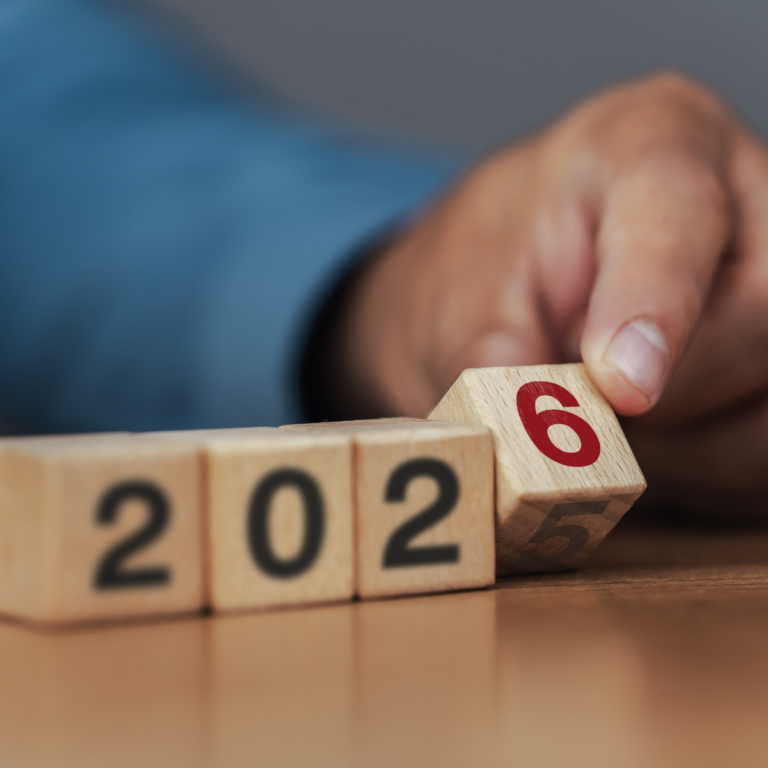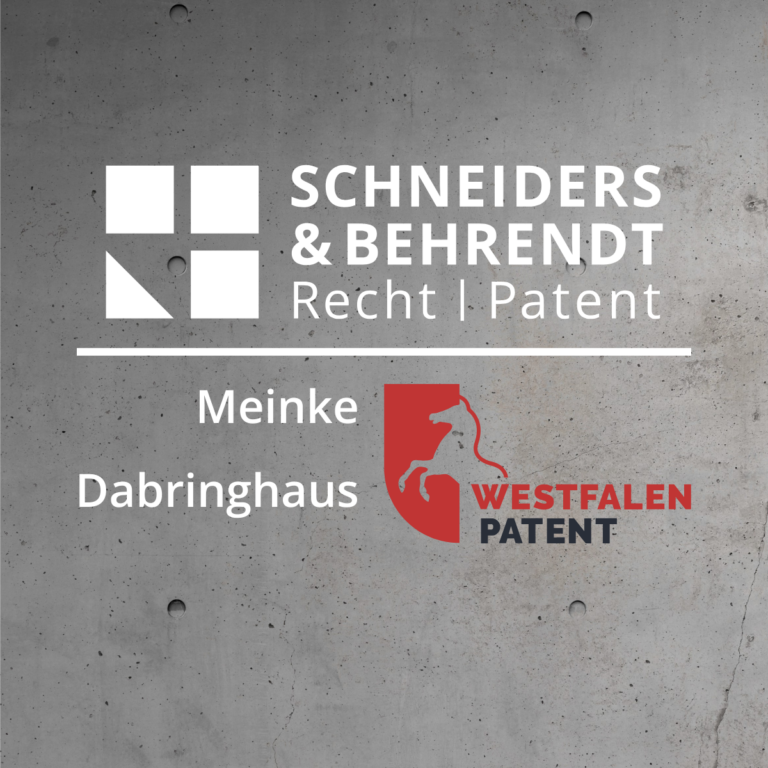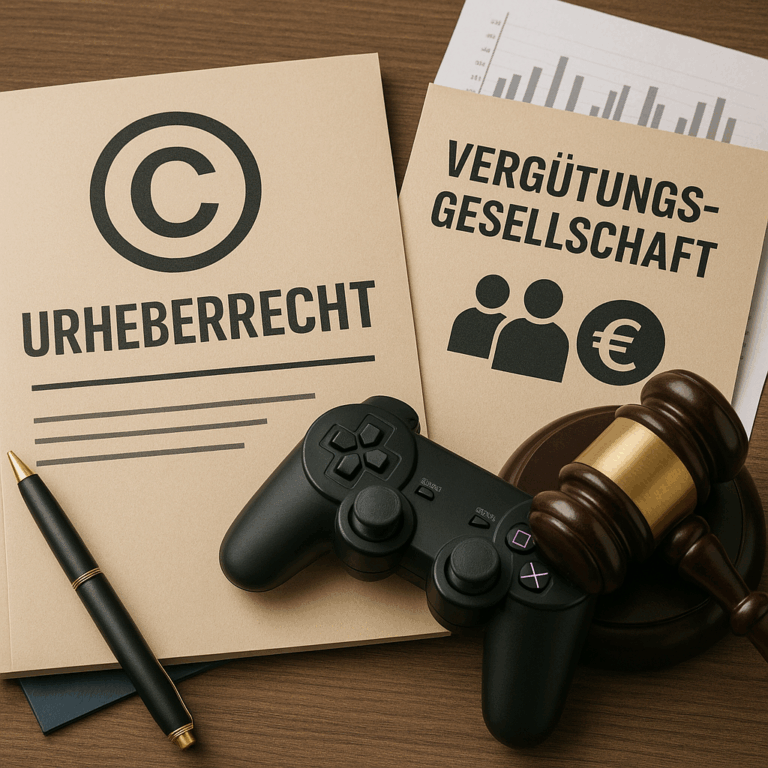For authors who find their works on video sharing platforms such as YouTube without having consented to the reproduction, it may be worthwhile to initiate a so-called “take-down procedure” with the respective platform. In this way, illegal content can be deleted quickly and inexpensively at best. To this end, the information provided to the platform must be carefully selected. Otherwise, authors may have to enforce their claims in court. Illegal content then often remains available until the proceedings are concluded.
In a ruling dated September 21, 2023 (Ref.: 14 O 20/22), the Regional Court of Cologne denied the claims of an actress against a video sharing platform that had agreed to the director and co-author reproducing the short film exclusively at festivals. The actress was unable to present the agreement in writing. In the court’s opinion, the video sharing platform was right to refuse the deletion. Based on the information available, the platform could not assume beyond doubt that the actress was the sole rights holder of the short film. The actress only prevailed in the court proceedings against the director.
Legal comments on the judgment can be found in issue 10 of GRUR-Prax (GRUR-Prax 2024, 309 [Böhmer]). In practical terms, the decision highlights important points for authors whose works are reproduced on video sharing platforms such as YouTube:
- Complete (written) documentation is very useful for agreements on rights of use.
- Before initiating a take-down procedure, the information to be submitted should be carefully evaluated and checked.




